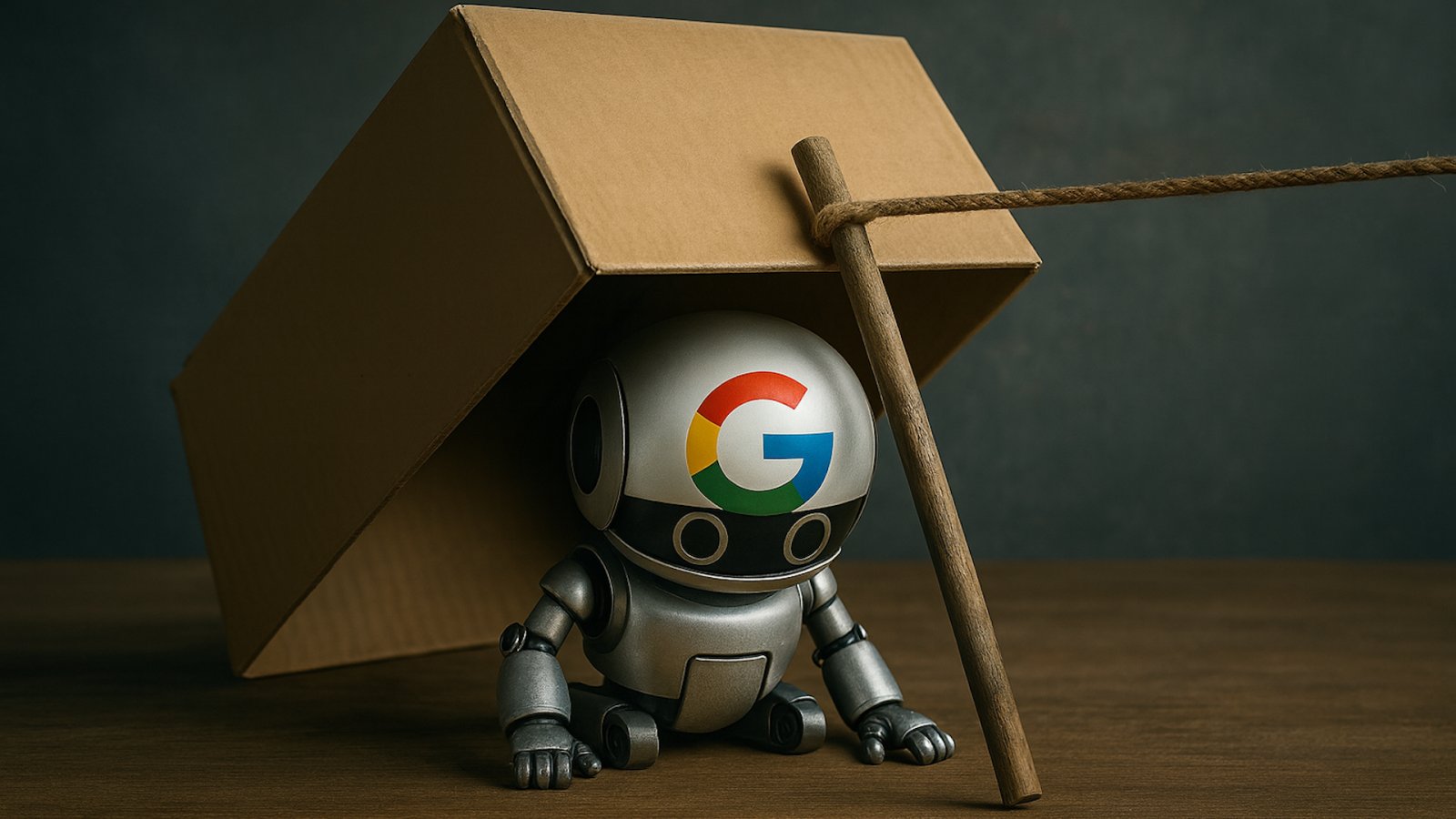
A new Backlinko test adds fresh fuel to speculation that ChatGPT Plus may be relying on Google Search, at least some of the time, to surface web content.
Backlinko’s “sting” experiment appears to confirm earlier findings from SEO pros Abhishek Iyer, Aleyda Solis, and Alexis Rylko that visibility in Google’s index can directly impact ChatGPT Plus answers.
Why we care. These tests all seem to conclude that SEO is far from dead – especially if ChatGPT is indeed somehow using Google Search. If your page appears in Google but not Bing, for example, it could be cited in ChatGPT responses. And if your content is invisible to Google, you may be invisible to AI.
The experiment. Backlinko created a nonsense SEO term – NexorbalOptimization – and published a page about it. The key: only Googlebot was allowed to crawl the page. It had no links to it and didn’t appear in the sitemap, making the page invisible unless discovered by Google.
Once indexed in Google, the team asked various AI models: What is NexorbalOptimization?
- Only ChatGPT Plus (with browsing) and Perplexity (surprisingly) returned accurate answers – quoting Backlinko’s page directly.
- Other models (including Claude and ChatGPT free) failed to find or summarize the term.
What does it mean? Backlinko’s test strengthens a growing belief among SEOs that ChatGPT Plus is sourcing data from Google.
- OpenAI’s documentation lists Bing as the default search partner. However, the behavior observed across multiple controlled tests seems to tell a different story.
No comments from OpenAI, Google. There’s no confirmation of any kind of Google-OpenAI deal. An article declaring SEO dead included this passage about Iyer’s experiment and the publisher’s attempts to get a comment from either company:
“Asked about the experiment, OpenAI responded on background, emphasizing its ongoing relationship with Microsoft, suggesting that it used a variety of search providers, but not specifically denying that ChatGPT could be Googling. Informed of Iyer’s findings, Google declined to comment.”
Supporting evidence. Backlinko’s findings echo separate tests:
- Abhishek Iyer: The former Google engineer ran a nearly identical test, indexing a hidden page only in Google. ChatGPT Plus found it. The free version of ChatGPT did not — and no other search engine had access to the page. He also analyzed ChatGPT’s search references and found strong alignment with Google’s domain and snippet data, not Bing’s.
- Aleyda Solis: The well-known consultant’s test observed that ChatGPT responses mirrored Google Search snippets – down to the wording – once a page was indexed. In contrast, Gemini accessed the page directly, even before it was indexed by Google. When Bing eventually indexed the page, ChatGPT continued quoting snippets from Google SERPs, not Bing.
- Alexis Rylko: This test compared JSON search logs from ChatGPT against live search results. Across multiple queries, up to 90% of ChatGPT’s cited URLs matched Google’s top results – far outpacing overlap with Bing. He also noted that snippet formatting, timestamps, and metadata all mirrored Google’s structure, not Bing’s.
